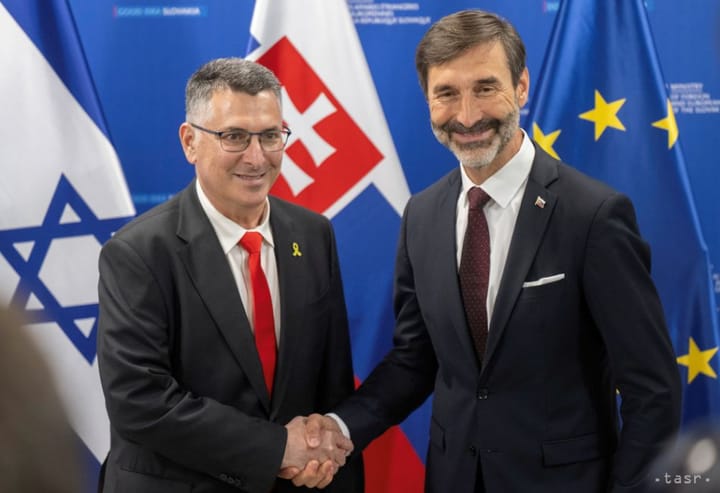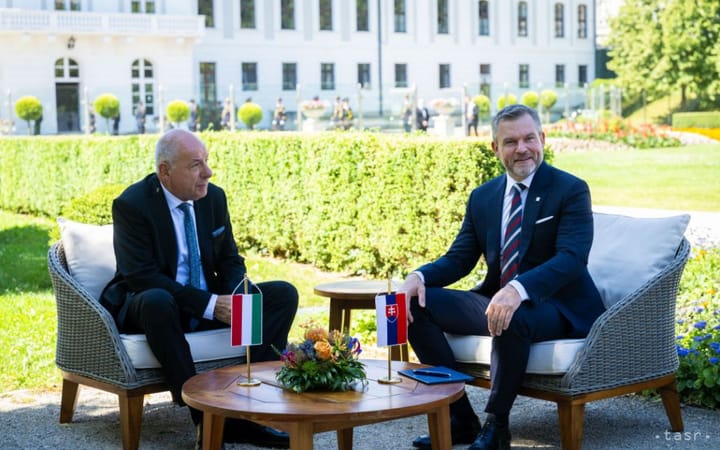Bielecki: CoFoE Can Surpass Expectations If It Considers Challenges for EU

Brussels, November 29 (TASR-correspondent) – The Conference on the Future of Europe (CoFoE) could deliver results that go far beyond its stated objectives, according to former Polish prime minister and former chairman of the Polish International Relations Institute Jan Krzysztof Bielecki.
Bielecki is among the politicians approached by the Wilfried Martens Centre in connection with CoFoE. The centre is a Brussels-based think-tank of the European People’s Party (EPP).
Asked if CoFoE can outline a future for Europe in 20 to 30 years, Bielecki said the conference can deliver results far beyond its intentions if it addresses the EU’s most important challenges.
“The old days when Europe focused on post-war reconciliation and deepening integration, followed by the enlargement and reunification of the continent at the beginning of this century, are gone,” he said.
According to him, European integration, the single market, the common euro currency and now also efforts to rebuild Europe after the coronavirus crisis are the ultimate successes of the “old” phase of integration. Bielecki pointed out that the EU was designed to end centuries of war between nations and replace them with cooperation and the joint pursuit of prosperity for European citizens.
The Polish ex-premier further stated that by fulfilling this mission, the EU is probably the most successful political project in the world. Even if some tensions persist and local conflicts between EU-member states continue, peacekeeping in Europe is not the most critical issue. And while there are problems with democracy, the rule of law and the independence of the judiciary, these problems are less pronounced than in some parts of Europe in the 1950s.
“What matters much more today and what will determine Europe’s future is how to identify and address external challenges. The first is climate change and adapting to its impact on member states’ social and economic performance. The second is China’s expansionist and revisionist policies, which encourage other authoritarian nations – such as Russia and Turkey – to question the EU’s principles of a world order based on peace and human rights,” said Bielecki, adding that the other two external challenges that will determine Europe’s future are the EU’s ability to overcome the coronavirus pandemic and to cope with migration. Only if the EU realises that the threats are mostly external will it be able to redesign its economic and defensive policies.
Bielecki warned that the benefits of democracy and the rule of law are not sufficiently protected within the EU. “Despite their status as core values, they are not enshrined in regulations and are therefore taken for granted,” he said, noting that both European and external forces are calling European solidarity into question.



